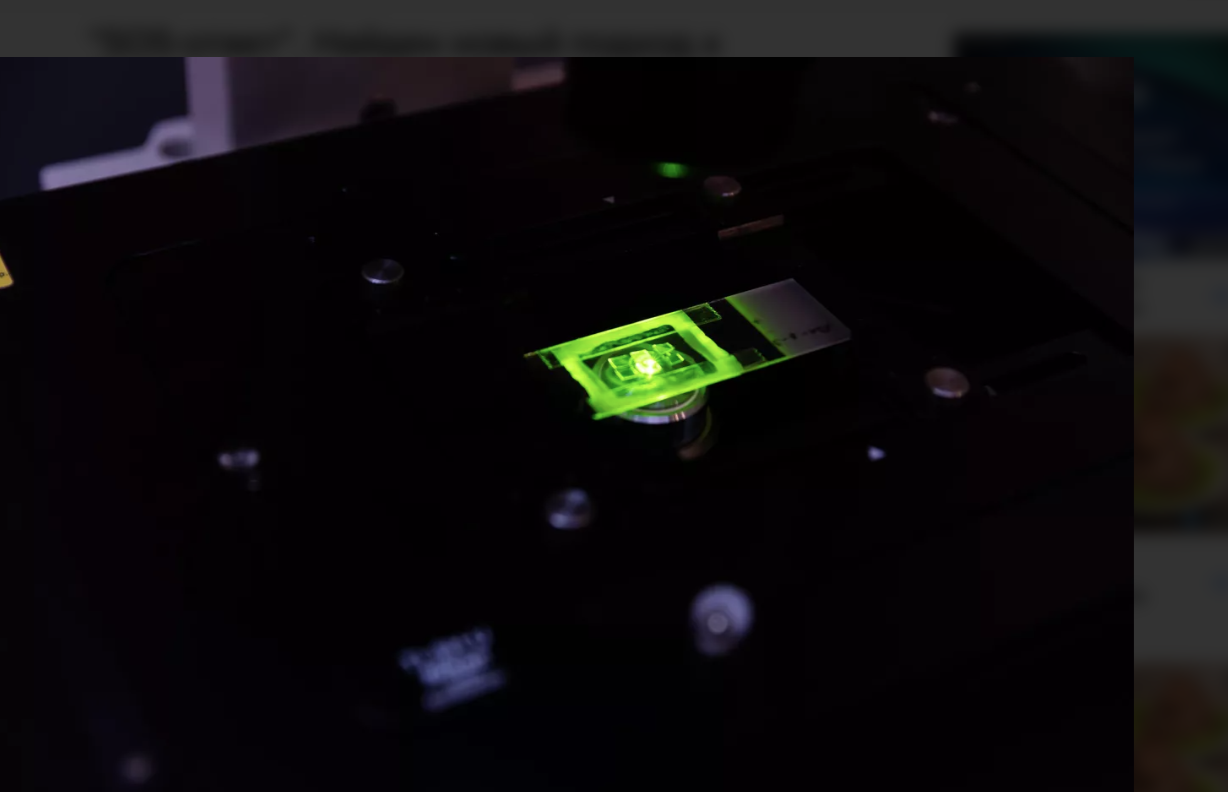
MOSCOW, 8 Oct — RIA Novosti. Scientists have managed to isolate and study a protein that presumably contributes to the emergence of bacterial resistance to antibiotics SPbPU. Subsequently, Russian molecular biologists believe, these results may help in the creation of a new antibiotic against which bacteria will be powerless. The results were published in the journal Biochemical and Biophysical Research Communications.
The widespread and irresponsible use of antibiotics, including their active and widespread use during the COVID-19 pandemic caused by the SARS-CoV-2 virus, has led to the emergence and spread of many pathogenic bacterial strains that are resistant to a large number of antibiotics. This makes it difficult, and in some cases impossible, to treat various bacterial infections, which ultimately increases morbidity and mortality from them. WHO has named antibiotic resistance one of the ten global threats to global health.
A group of scientists from Peter the Great St. Petersburg Polytechnic University (SPbPU), as part of a study supported by a grant from the Russian Science Foundation, studied in detail the mechanism of the so-called SOS response, a state that occurs in bacterial cells after DNA damage. In this state, the bacterium is able to restore the integrity of its genome. The SOS response is an important mechanism for bacterial adaptation to the action of antibiotics due to an increased level of mutagenesis in cells during the process of DNA damage repair. According to SPbPU scientists, a detailed study of the SOS response mechanism and the key proteins involved in it, as well as the development of effective methods for its suppression, has great potential for preventing the development of antibacterial resistance in bacteria and creating new effective antimicrobial drugs.



